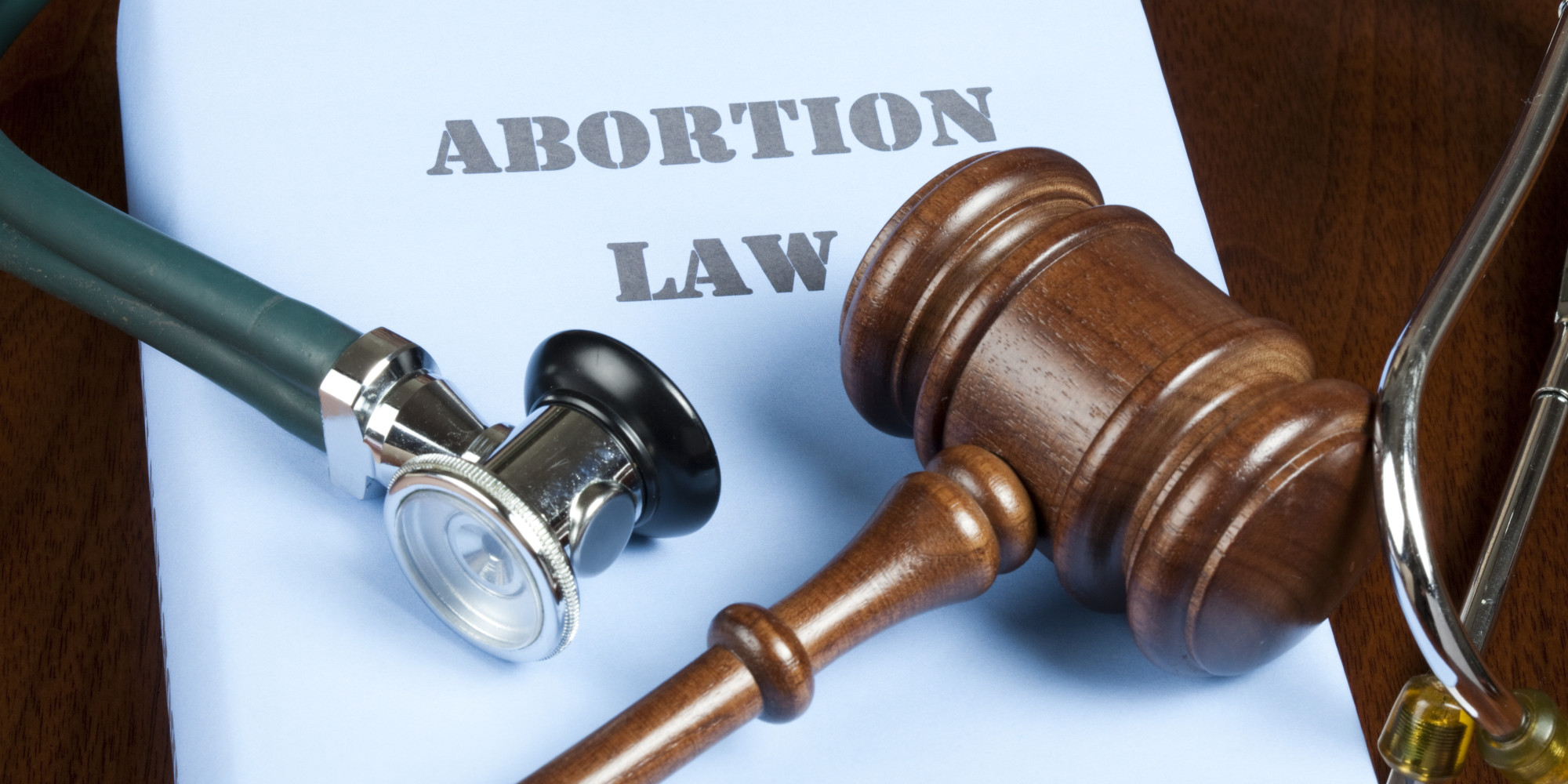Margaret Atwood’s dystopian novel, A Handmaid’s Tale, tells the spectacularly heart-breaking story of a world in which women are raped by powerful husbands whose wives are unable to conceive and forced to bear their children. But recently, this tale has been made real life in America and across the globe, as women are restricted in the decisions they make about their bodies. The debate between ‘pro-choice’ and ‘pro-life’ activists has been rife since the 1973 Roe v. Wade bill, which makes abortion a constitutional right. Pro-lifers have been working to erode the law and a series of ‘heartbeat’ bills have been passed in US states which place restrictions on abortion. The bills completely silence women on what most would deem the most important and pressing issue for women’s freedom. Holding the view that a foetus is a baby is by no means wrong or immoral, but weaponizing this belief and oppressing other women because of it, is damaging and unconstitutional. Can abortion laws really be regarded as ‘pro-life’ when there is total disregard for women’s life choices?
Heartbeat bills rule that abortion, from the point that a heartbeat is detected, is prohibited, with no exceptions for rape or incest. Most women do not know they are pregnant at the six-week stage, as it is shortly after they have missed their menstrual period. Threats to Missouri’s last-standing abortion clinic puts its estimated 1,365,000 patients at risk, as it is the only clinic for 80km. There are economic obstacles too; since 1976, the Hyde Amendment has forbidden federal funds for abortion, and although this may represent a deeper flaw in America’s healthcare system, it highlights how women are forced to delay their abortions in order to raise funds. An abortion in America can cost between $595 and $1,223, a vast sum unaffordable for many women. A Texas representative, who wants to make abortion a crime, said that restrictions on abortion would ‘force women to be responsible in their sexual lives’. To me, the aim is clear; it is not to protect the life of a foetus, it is to put women’s bodies under surveillance. If laws like this are applied in the ‘Beacon of Democracy’, what freedom can we expect for women in other countries? Probably very little.
In Paraguay, abortion is only permitted if a woman’s life is at risk. But, a 14-year old girl, who was raped and made pregnant, was refused an abortion on the grounds that her life and body (of an underage girl) was not at risk. Even more shocking, in El Salvador, abortion is illegal in all cases, even if the woman’s health is at risk – how can these laws be considered ‘pro-life’ when they directly put women’s lives in danger? In February, Tedora Vasquez, aged 34, was released from the eleven-year prison sentence that was thrust upon her after her stillbirth. Was a stillbirth not enough punishment for a 23-year old woman? Such inhumane cases highlight the lack of care for life and are devastatingly anti-women.
In May, the US Supreme Court upheld a law requiring human burial or cremation of aborted foetuses. Anti-abortion politicians in Pennsylvania want to redefine foetuses as starting at conception. But, a zygote (a fertilised egg), does not become a foetus for the first nine weeks of a pregnancy. Pennsylvania’s plan to restrict abortion to the first six weeks is not only morally wrong, but it is scientifically incorrect. Pennsylvania also wants the law to issue a death certificate after abortions, and although this is not explicitly stated, a certificate is required for a burial. These laws imply that a woman’s choice to have an abortion is taken light-heartedly, and they fail to recognise the emotional battles women face.
To conclude, although abortion is legal in every US state, almost all have restrictions. Is America the ‘land of the free’ for everyone or just white, male politicians and unborn foetuses? In many cases, pro-life bills seem to be passed solely to restrict women’s sexual and social choices. In the words of Atwood, “freedom, like everything else, is relative… and better always means worse for some.” Women deserve bodily autonomy, and they should not have to beg for it.
Image: Huffington Post

